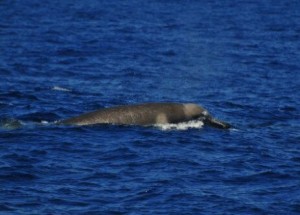www.AntarcticGuide.com
http://www.chronicle.gi/headlines_details.php?id=24123
MARGALLO RAISES GIBRALTAR ISSUE WITH HAGUE IN LONDON
Spanish Foreign Minister José García-Margallo will be replying to a British Government letter of three years ago, to reject the political principle that Gibraltarians should have a right to veto in any eventual diplomatic negotiations, according to Spanish press reports.
Sr Margallo has declared he expects the UN general assembly to shortly debate the Gibraltar and Falkland issues and support a process of negotiation.
Speaking at the conclusion of the international conference on Somalia in London yesterday, Sr Margallo said it would be reasonable for the UN to deal with both issues and reiterates that “negotiations have to take place.”
He also held talks with his British counterpart William Hague, informing him of the Spanish Government’s position in favour of a “constructive dialogue” over Gibraltar.
The official Spanish position is not to “back off or recoil” on the issue of the Rock. According to Sr Margallo’s, Mr Hague’s reply was a mere “we’ll talk” about Gibraltar.
The British Government has rejected any negotiations over Gibraltar “unless this is requested by the Gibraltarians,” as conveyed by Prime Minister Cameron to President Rajoy last week.
Sr Margallo reiterated his call for a return to the Brussels Process of 1984 by which Britain and Spain agreed to negotiate over Gibraltar, arguing that the ‘right to veto’ is contrary to Brussels “and to the doctrine of the United Nations.
He also called for the unblocking of “the Forum for Cooperación” to turn it into four way dialogue: Britain, Spain, Gibraltar and the Campo, to deal with “administrative issues, but never to issues of sovereignty or jurisdiction.”
Antarctic Guide
info@antarcticguide.com
www.AntarcticGuide.com
Twitter: AntarcticGuide

